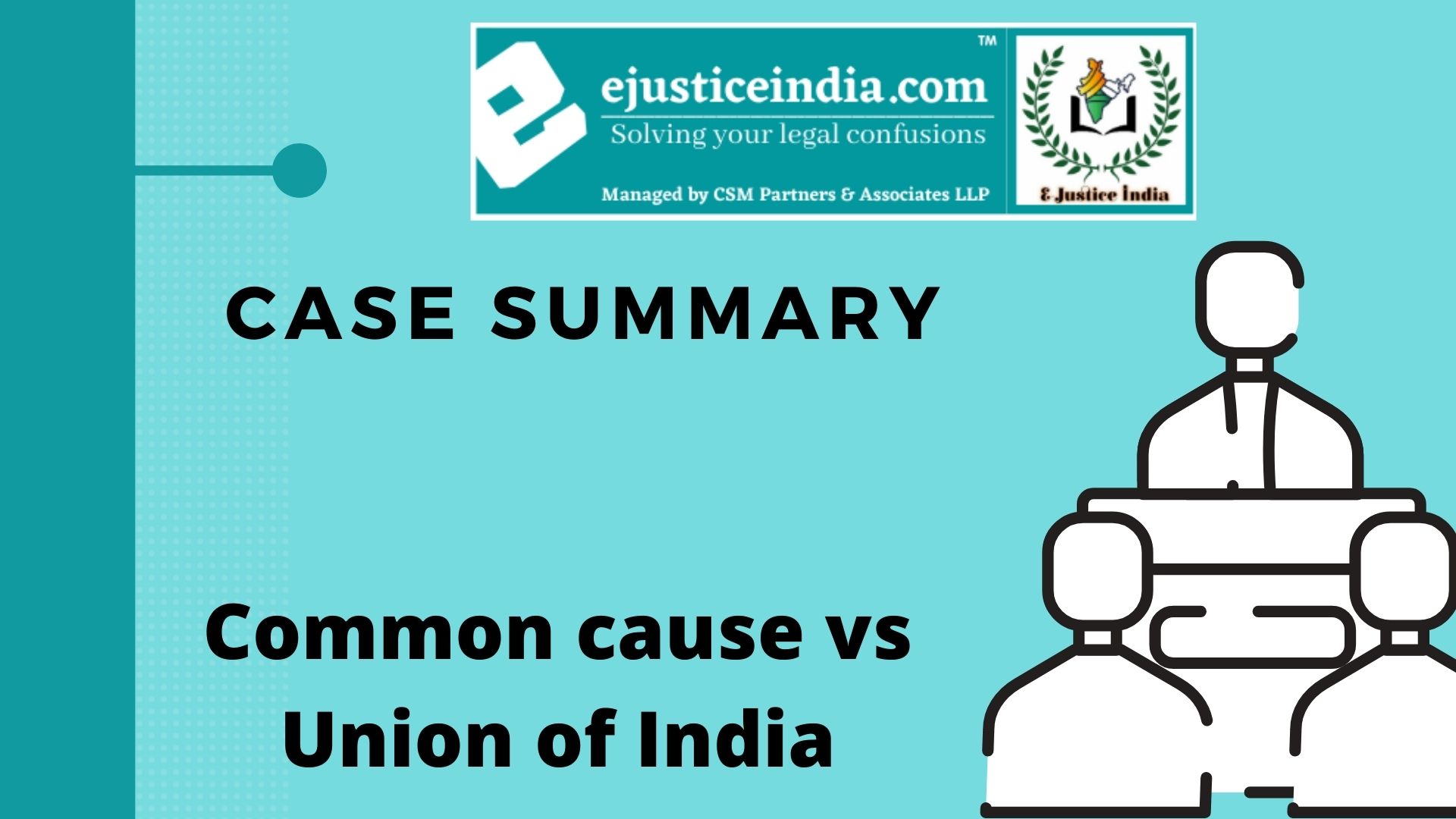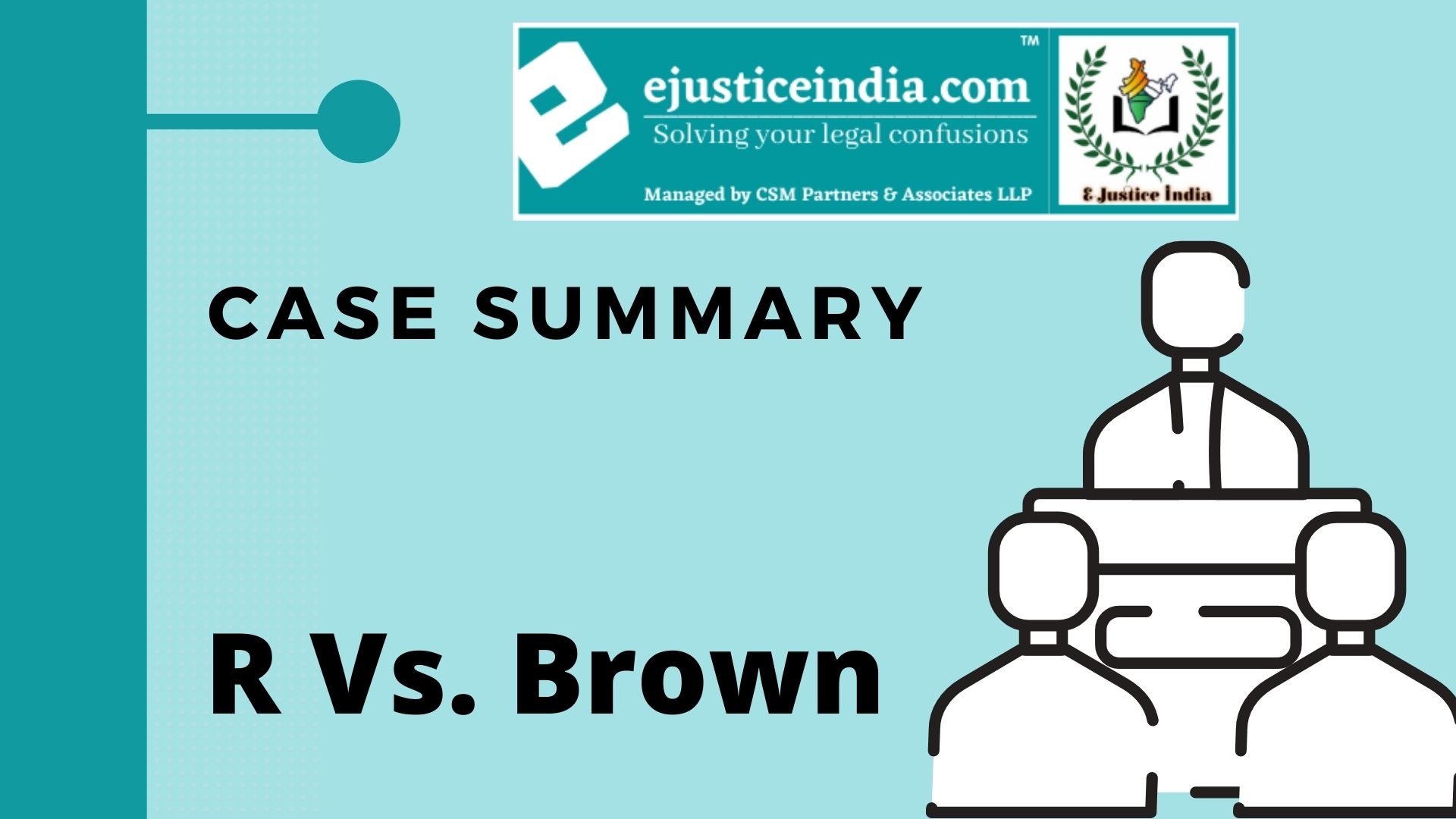Case Summary: Abu Thakir vs State of Tamilnadu
Citation: AIR (2010) 5 SCC 91
Bench: Justice B. Sudarshan Reddy, Justice Surinder Singh Najjar
INTRODUCTION
In this case the court held the significance of motive and scope of interference in Article 136 of Constitution of India. The appreciation of evidence and credibility of witnesses were weak and held that criminal justice should not be made a casualty for wrongs committed by investigation officers. Hence, the court held the conviction of appellant under section 302 of IPC sustainable.
FACTS
This appeal by special leave arises out of judgement passed by madras high court for conviction of death sentence. The appellant with 5 other co-accused planned a criminal conspiracy, unlawful assembly and committed murder of Murugesan (Deceased). With 30 witnesses, 77 documents in evidence and 43 material objects acquired by the police. However, the high court convicted the appellant only under section 302 of IPC and completely acquitted the rest of the accused.
ISSUES
- Whether the appellant should be convicted under Sections 102B, 148, 341, 147, 302 read with Sections 149 and 109 of Indian Penal Code (IPC)?
JUDGEMENT
The court in light of Article 136 of Constitution of India held the Madras High Court critical assessment and analysis of every nuance of evidence, called for no interference and convicted the same.



Like!! I blog quite often and I genuinely thank you for your information. The article has truly peaked my interest.